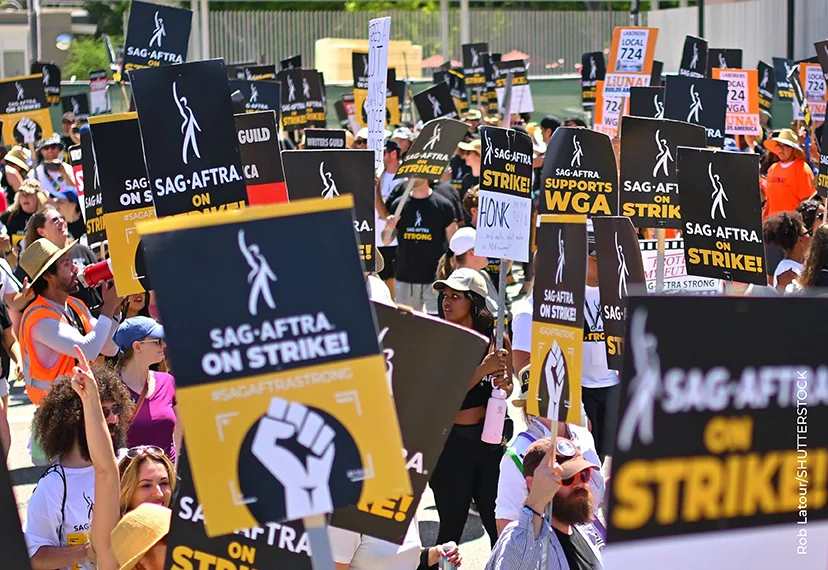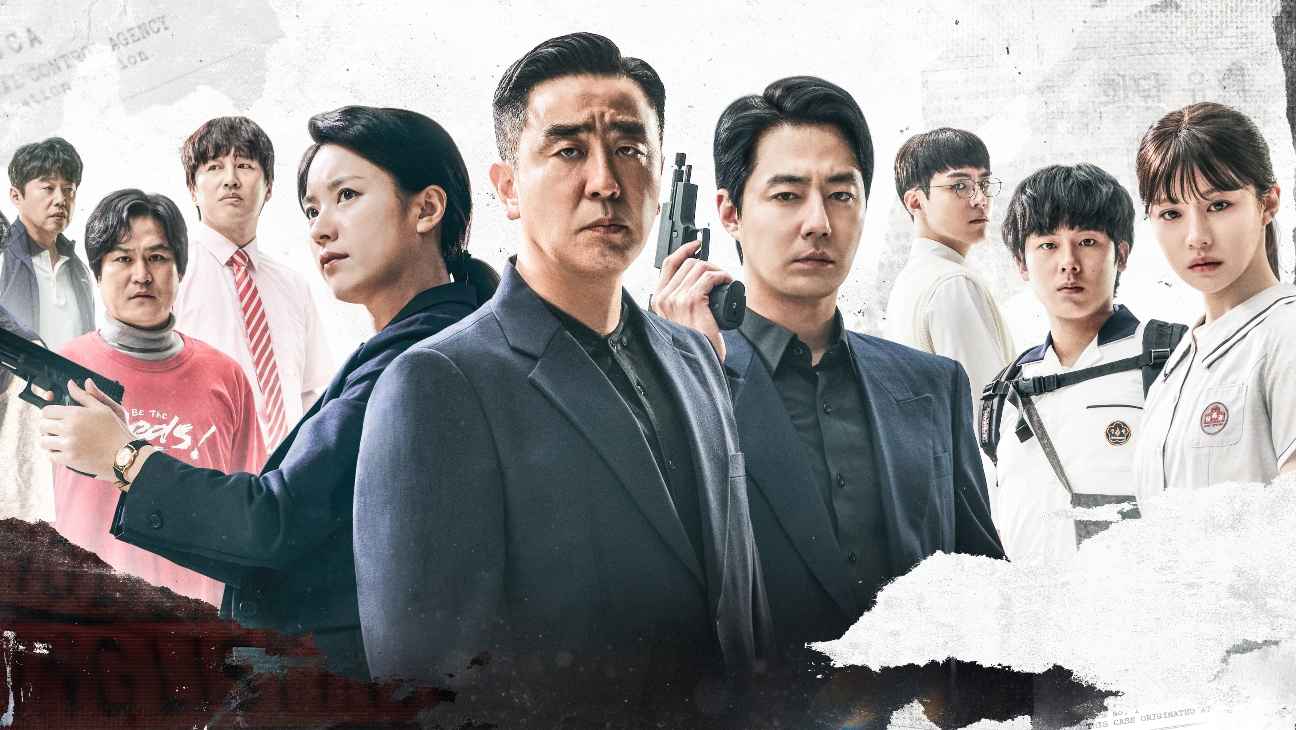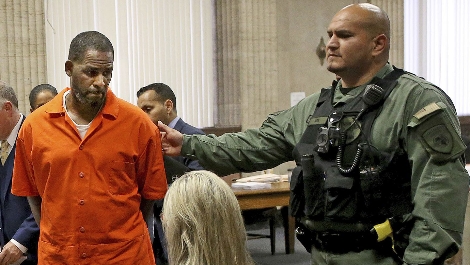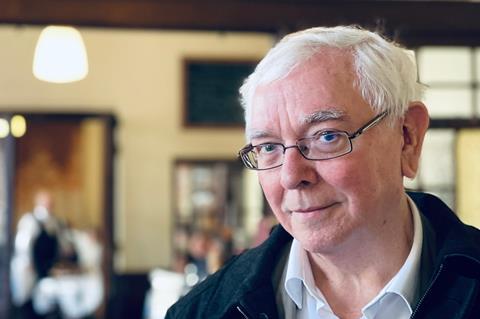SAG-AFTRA And AMPTP Likely To Meet Next Week For Negotiations
In the wake of the recently resolved US writers’ strike, the entertainment industry is gearing up for another round of crucial negotiations. The Screen Actors Guild-American Federation of Television and Radio Artists (SAG-AFTRA) and the Alliance of Motion Picture and Television Producers (AMPTP) have announced their intention to resume talks next week. With the strike now behind them, both parties are eager to find common ground and address the pressing issues that have fueled the strike. In this article, we will delve into the latest developments, the potential challenges, and the significance of these negotiations in the world of entertainment.
The Return to Negotiations
Less than 24 hours after the conclusion of the US writers’ strike, SAG-AFTRA and AMPTP wasted no time in revealing their plans to return to the negotiating table. These talks, scheduled for Monday, October 2, mark the first formal negotiations between actors’ representatives and the AMPTP since SAG-AFTRA initiated the strike back in mid-July.
In a joint statement issued on September 27, both parties expressed their commitment to these upcoming discussions: “SAG-AFTRA and the AMPTP will meet for bargaining on Monday, Oct 2. Several executives from AMPTP member companies will be in attendance.”
High-Stakes Negotiations
The involvement of high-ranking studio executives in these negotiations reflects the industry’s acknowledgment of the gravity of the situation. This move parallels the successful conclusion of negotiations between the AMPTP and the Writers Guild of America (WGA) just five days after they resumed talks, ending a 146-day writers’ strike.
However, reaching an agreement between actors and production companies may prove to be a more extended and complex process. With a substantial membership base of 160,000 individuals, SAG-AFTRA faces a more extensive array of issues than the WGA did. Moreover, since the actors’ strike commenced 77 days ago, both SAG-AFTRA and the AMPTP have engaged in heated exchanges of rhetoric.
Challenges on the Horizon
Immediately following the breakdown of the most recent negotiations and the commencement of the actors’ strike, SAG-AFTRA voiced its concerns. They alleged that the AMPTP “wouldn’t meaningfully engage on the most critical issues” from the outset of the talks. SAG-AFTRA contended that the two sides remained “far apart on the most critical issues that affect the very survival of our profession.” In response, the AMPTP accused the Guild of “mischaracterizing” the talks.
Approximately a month ago, SAG-AFTRA expressed its readiness to return to the bargaining table for a fair deal. However, the situation remained fluid, with no confirmed dates set for discussions at that time.
Recent Developments
As of now, the writers’ strike has officially ended after 148 days, bringing relief to the entertainment industry. With the picket lines thinning at Disney and Warner Bros, actors are cautiously optimistic about the prospects of resolving the SAG-AFTRA strike, given the AMPTP’s recent agreement with the WGA that put an end to the writers’ strike.
SAG-AFTRA National Executive Director and Chief Negotiator Duncan Crabtree Ireland has been away on business, underscoring the complexity of these negotiations.
Looking Ahead
SAG-AFTRA’s strike, which began on July 14, coinciding with the WGA strike, marked the first joint strike in Hollywood since the Kennedy administration. While the writers’ strike has concluded, actors remain on the picket lines, demonstrating solidarity between the two unions.
Although SAG-AFTRA and the WGA share many common concerns, such as issues related to AI, residuals, and data transparency, the actors’ union has unique matters to address in its contract negotiations. SAG-AFTRA President Fran Drescher has been outspoken in her advocacy, emphasizing the need to address corporate greed within the industry.
Furthermore, SAG-AFTRA members recently voted unanimously to authorize a strike against the video game industry. Their concerns encompass issues like “the exploitative uses of AI and lagging wages.” Ray Rodriguez, the union’s Chief Contracts Officer, stressed the importance of reaching an agreement that ensures fair compensation, safety measures, and dignity for the performers.
Conclusion
As the entertainment industry navigates through these pivotal negotiations, the resumption of talks between SAG-AFTRA and the AMPTP brings hope for a resolution to the ongoing strike. The involvement of high-ranking executives, the recent conclusion of the writers’ strike, and the shared concerns of actors and writers all underscore the significance of these negotiations.
In the coming days, the industry will closely watch the progress of these talks, hoping for a fair and equitable agreement that benefits all parties involved.




















